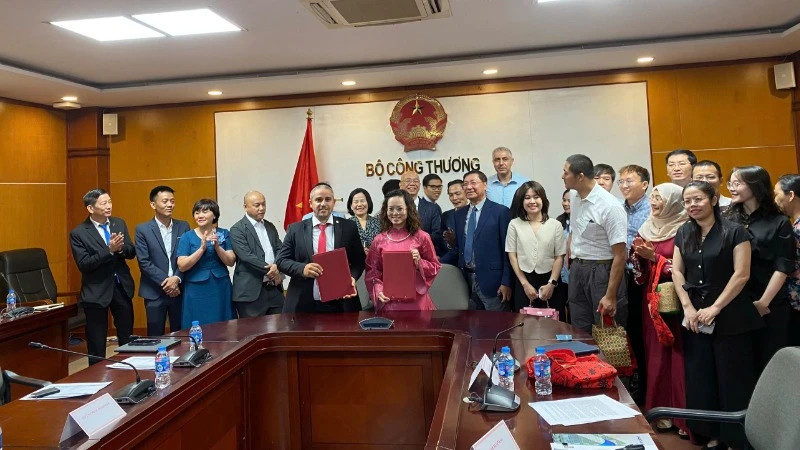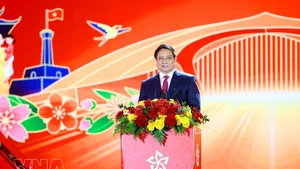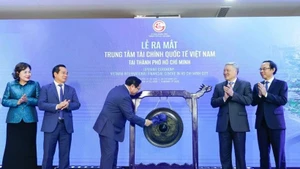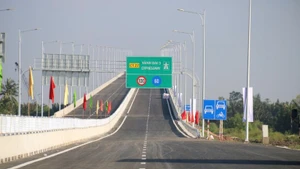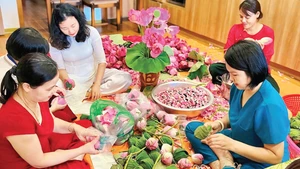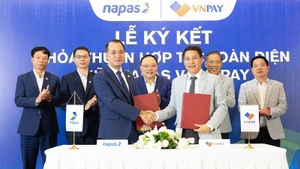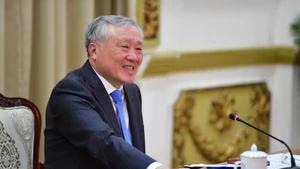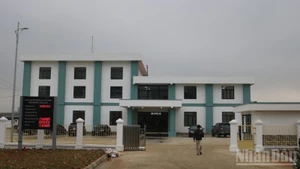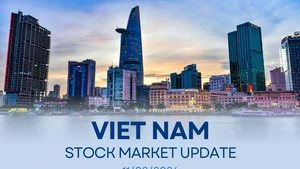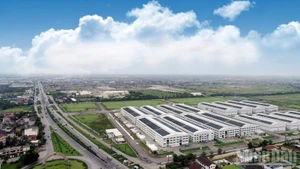In his opening remarks, Tran Thanh Hai, Deputy Director General of the Agency for Foreign Trade under the Ministry of Industry and Trade, noted that Vietnam is becoming increasingly integrated into the global economy with 17 signed free trade agreements (FTAs).
In its economic development process, Vietnam places great importance on attracting and effectively utilising foreign direct investment (FDI).
The Vietnamese Government has implemented various measures to improve its investment environment and facilitate foreign businesses in investing and operating in the country.
Meanwhile, economic and trade cooperation between Vietnam and Middle Eastern and African countries has continued to see positive development, with bilateral trade increasing more than tenfold since 2005, from 2 billion USD in 2005 to 20.8 billion USD last year.
According to the official, cooperation in these fields holds significant potential thanks to the complementary advantages and needs of both sides in areas such as energy, infrastructure, real estate, tourism, industry, and processing.
At present, Vietnam's exports to the Middle East and Africa mainly focus on products such as rice, coffee, pepper, and aquatic products, Hai stated, adding that there remains ample room for the country to ship apparel, footwear, electronics, and household goods to these markets, especially those with young populations and a growing middle class.
In the opposite direction, Vietnam can import oil, natural gas, and petrochemical products from the Middle East to serve domestic economic development needs.
In addition, Middle Eastern and North African countries have a high demand for imported Halal food due to limitations in domestic agricultural production.
With a Muslim population exceeding 40%, their consumption of Halal products, particularly processed food, cosmetics, and pharmaceuticals, is steadily increasing.
The Halal industry boasts considerable opportunities and potential, and Arab countries hope to cooperate more closely with Vietnamese businesses in the future, he said, noting that they also want to boost partnerships in many other fields, such as infrastructure, export, and import. He expressed his hope for fruitful cooperation in the coming time.
